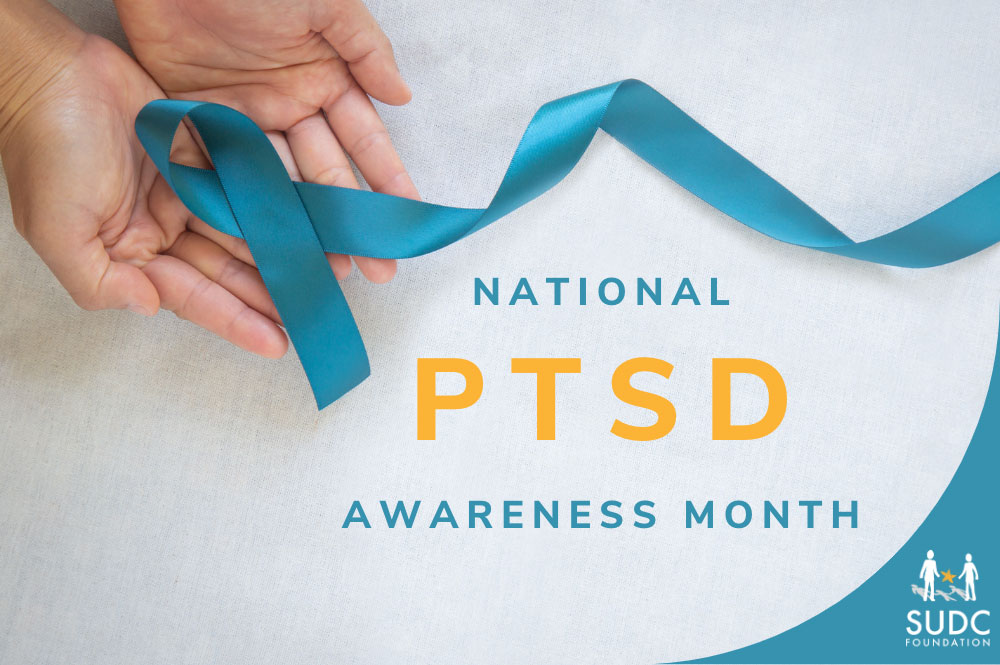
01 Jun The Intersection of Trauma and Grief: Understanding the Impact of Sudden and Unexpected Loss of a Child on Parents
Written by Amanda Brindle, LSW, Associate Manager of Family Services
June is PTSD Awareness Month, a time to bring attention to the impact of trauma on individuals and communities. For parents who experience the sudden and unexpected loss of a child, the trauma of the event can compound grief and lead to long-term mental health issues such as post-traumatic stress disorder (PTSD).
The loss of a child is one of the most significant and devastating events a parent can experience. When the loss is sudden and unexpected, it can lead to a range of traumatic symptoms such as shock, disbelief, guilt, and even physical symptoms like insomnia and loss of appetite. According to research, parents who lose a child suddenly and unexpectedly are at a higher risk for developing PTSD and other mental health issues (1).
One reason for this increased risk is that sudden and unexpected loss can shatter a person’s sense of safety and security. Parents who lose a child suddenly may experience intrusive thoughts, flashbacks, and nightmares related to the event. These symptoms can be triggered by reminders such as anniversaries, holidays, or even smells and sounds associated with the traumatic event.
The impact of trauma on grief can also lead to complicated grief, a type of grief that is prolonged, intense, and does not improve with time. Complicated grief can lead to a range of symptoms such as depression, anxiety, and social isolation. Research suggests that parents who experience complicated grief may also be at a higher risk for developing PTSD (2).
Understanding the impact of trauma on grief is essential for parents who have lost a child suddenly and unexpectedly. It is important to seek support from mental health professionals who specialize in trauma and grief to help navigate the complex emotions and symptoms that can arise.
In addition, there are several evidence-based treatments for PTSD and complicated grief, such as cognitive-behavioral therapy and eye movement desensitization and reprocessing (EMDR) therapy. These therapies can help parents process the trauma and grief associated with the loss of a child and improve their mental health and well-being.
The sudden, unexpected, unexplained loss of a child is a traumatic event that can impact a parent’s mental health and lead to long-term issues such as PTSD and complicated grief. It is essential to seek support from mental health professionals who specialize in trauma and grief to help navigate the complex emotions and symptoms that can arise. With proper treatment and support, parents can find ways to honor their child’s memory and heal from their traumatic loss.
References:
Dyregrov, K., Nordanger, D. Ø., & Dyregrov, A. (2003). Predictors of PTSD symptoms in Norwegian children and adolescents exposed to the 2004 tsunami. Nordic Journal of Psychiatry, 57(4), 287-291.
Shear, M. K., Simon, N., Wall, M., Zisook, S., Neimeyer, R., Duan, N., … & Keshaviah, A. (2011). Complicated grief and related bereavement issues for DSM-5. Depression and anxiety, 28(2), 103-117.


